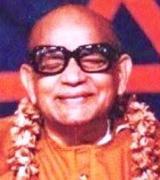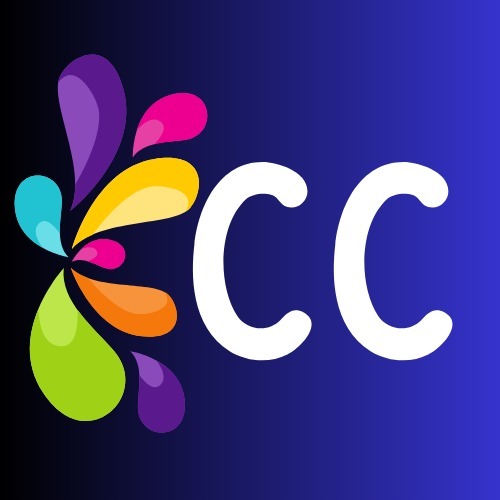Creation and Criticism
ISSN: 2455-9687
(A Quarterly International Peer-reviewed Refereed e-Journal
Devoted to English Language and Literature)
Vol. 07, Joint Issue 24 & 25: Jan-April 2022

The Speaking Self
The Real Purpose of Human Intellect
Shri Shri Anandamurti
What is the human intellect for? A human body has three functions: its crude physical movement and physical progress, its intellectual progress, and its spiritual progress. So far as intellect is concerned, it has two duties: to think and to remember. What is thinking? The human mind is a collection of ectoplasmic stuff. And whenever we create any figure in the mind with the help of that ectoplasmic stuff, we say it is a thought that we are thinking. To think means, then, to speak internally, and according to what we speak, we create a figure.
Although different inferences have different implications for the human mind, the two most important inferences are visuality and audibility. What we create in the mind, we speak mentally and at the same time we hear mentally. ‘I’ll go to Delhi.’ When you think like this, you utter this sentence mentally: ‘I – will – go – to – Delhi.’ And you hear mentally the sound ‘I – will – go – to – Delhi.’ And at that time mentally you see the picture of Delhi, either a projection of the actual external Delhi or an imaginary Delhi that you created.
Now, human knowledge or knowing is divided into two portions; that is, the compartmentalised object may be of two types – one direct and the other taken from memory. It is said that knowledge or the knowing faculty is infinite. If so, is the human cranium infinite? No. The cranium is something finite, something very little. And the human brain, although it has immense potentialities, is finite.
Human thought-waves and human knowledge may be directed towards two objects. One is the objective psychic stance, and the other is the objecto-subjective spiritual stance. When it is the objective psychic stance, then as a result of that objective movement on the psychic level, what happens? The mind becomes bigger and bigger. And in order to serve the purpose of the mind, both the nerve cells and the nerve fibers of the human brain also become stronger and bigger. As a result of this enlargement of the nerve cells, what will happen? In the future, the human cranium will become bigger, and limbs and other parts of the body will become lean and thin. But it is also a desired future for humanity, because when the mind is developed, spiritual progress will be easier.
And the other psychic approach is objecto-subjective spiritual stance. In that case, you withdraw different mental faculties and make them pinnacled. And when those mental faculties are apexed, you offer that pinnacled human mind at the altar of the supreme spirituality. This is the spiritual approach.
In spiritual progress, if the knowledge … is subjective physicality, then the progress may be delayed, but it will not be blocked forever. For intellectuals, spiritual progress is always delayed, and the reason is that their intellectual body goes on increasing, but for want of the apexed mentality, the goal remains far away. When the ectoplasmic structure is enlarged and it becomes one with the Cosmic ectoplasmic structure, the person will feel oneness with the Supreme.
Courtesy: The Speaking Tree. The Times of India, Wednesday, February 24, 2021
About the Author:
Prabhat Ranjan Sarkar (21 May 1921 – 21 October 1990), Shri Shri Ánandamúrti, ‘Bliss Embodiment’, and known as Bábá (‘Father’) to his disciples, was a Spiritual Guru, Indian philosopher, yogi, author, poet, composer, linguist and scientist. Sarkar was the founder of Ananda Marga (the Path of Bliss) in 1955, a spiritual and social organization that offers instruction in meditation and yoga. Gyani Zail Singh, seventh President of India, has said about Sarkar: "Prabhat Ranjan Sarkar was one of the greatest modern philosophers of India."


